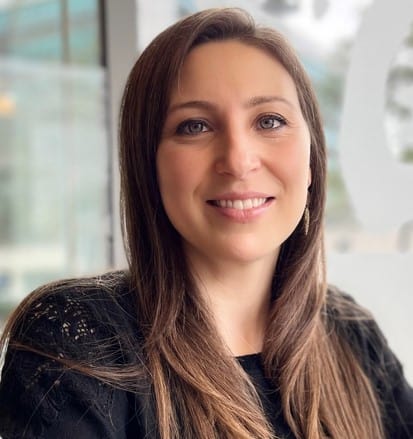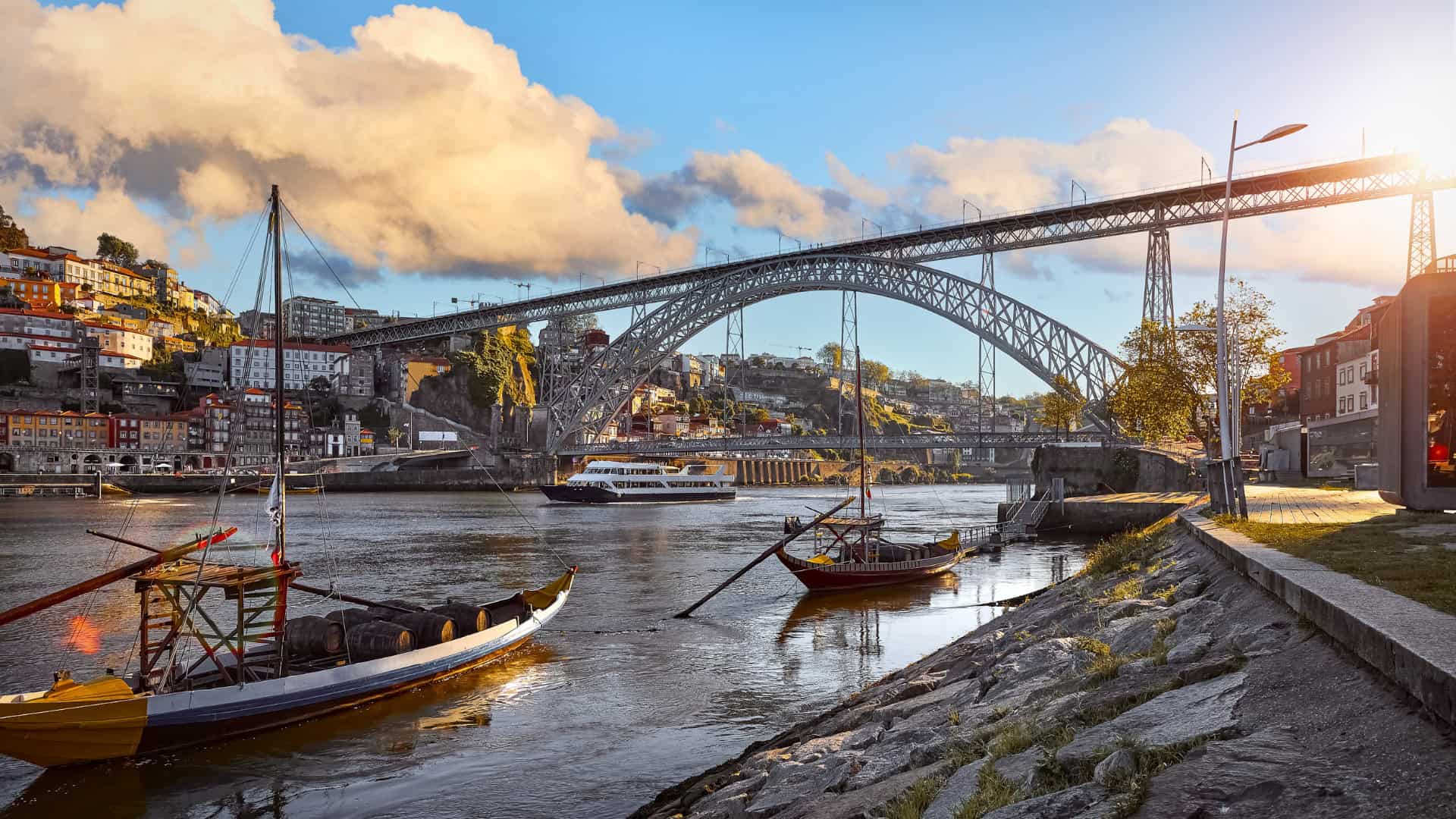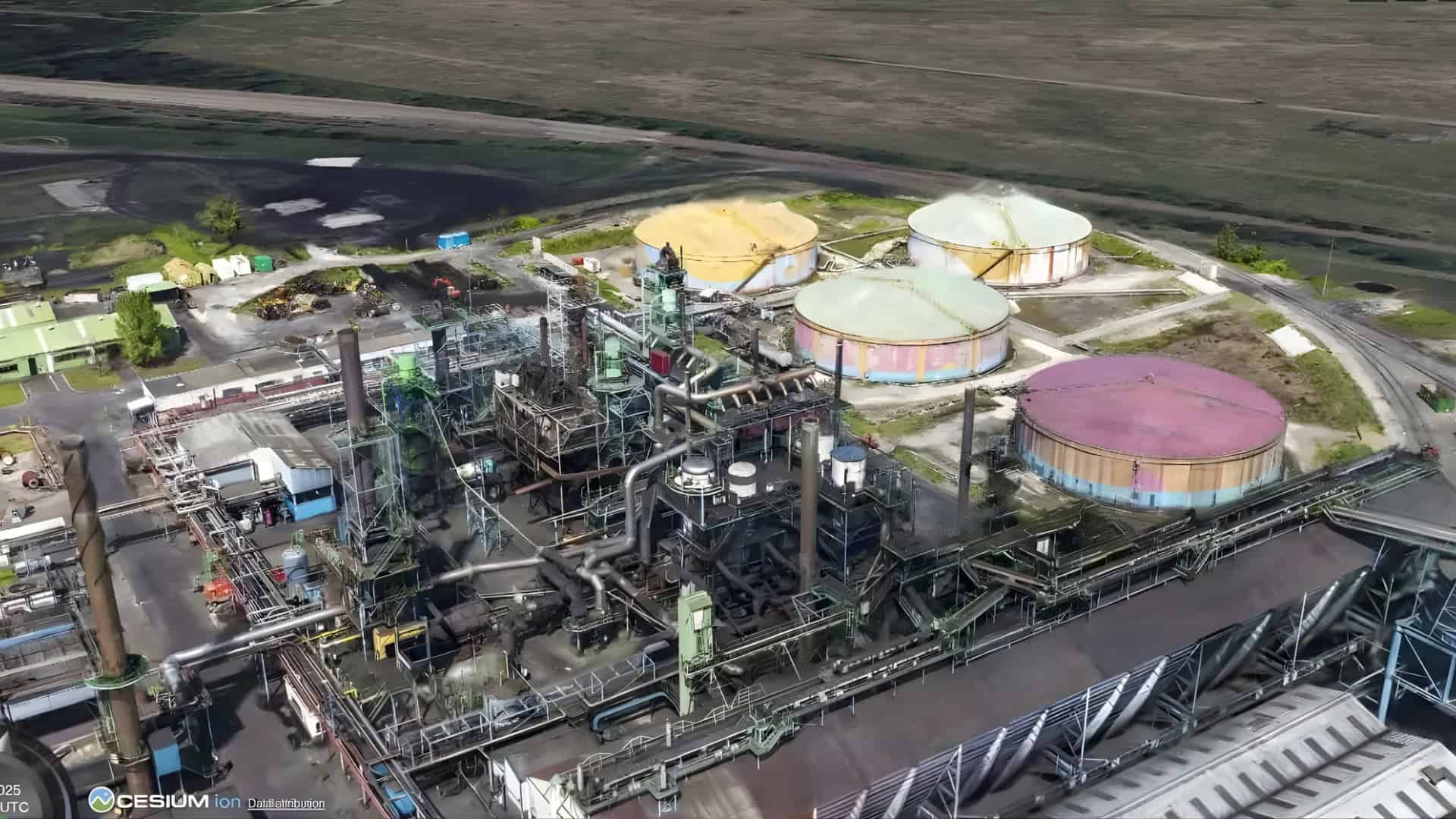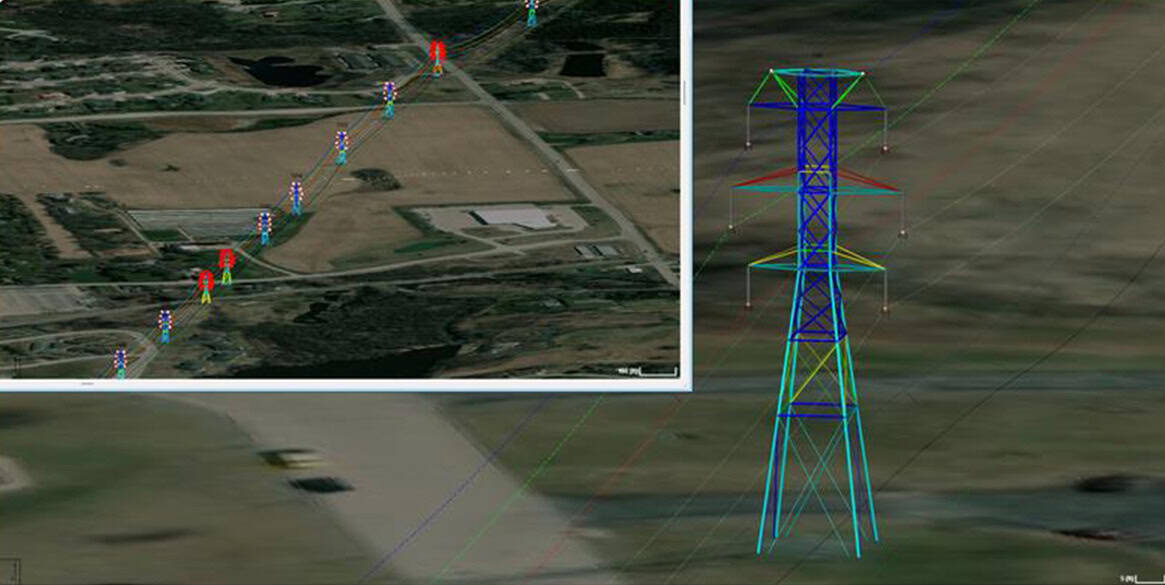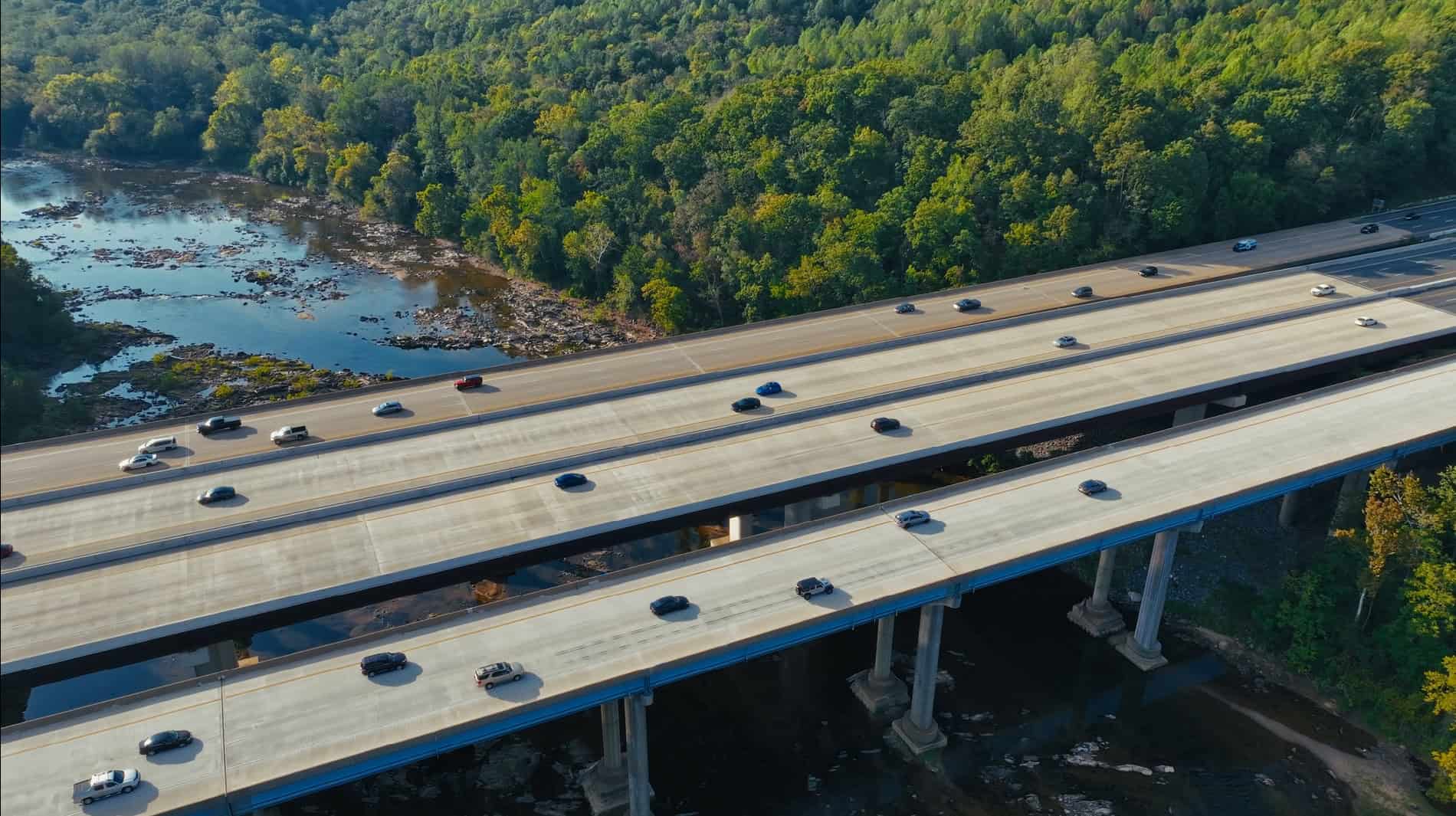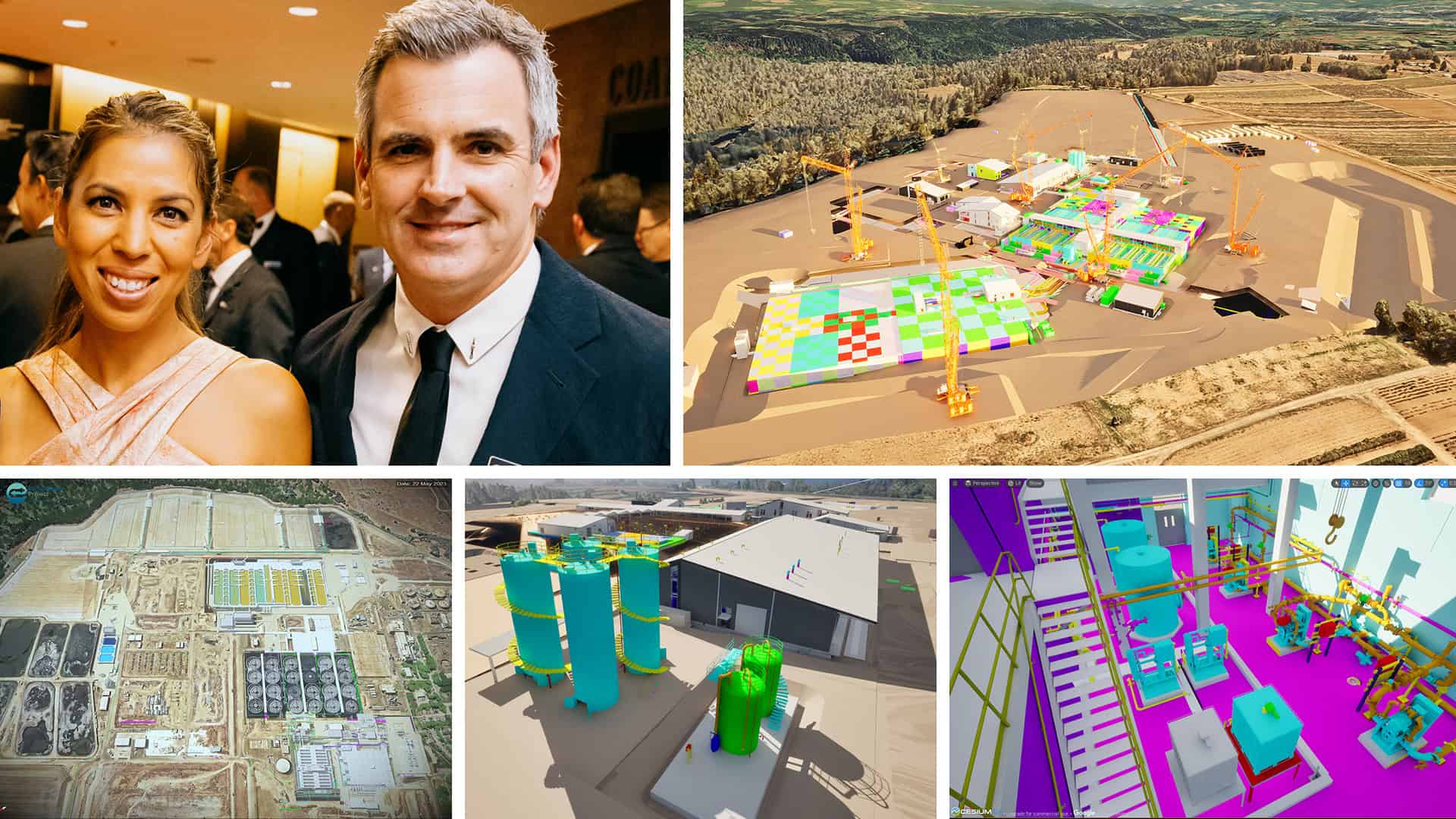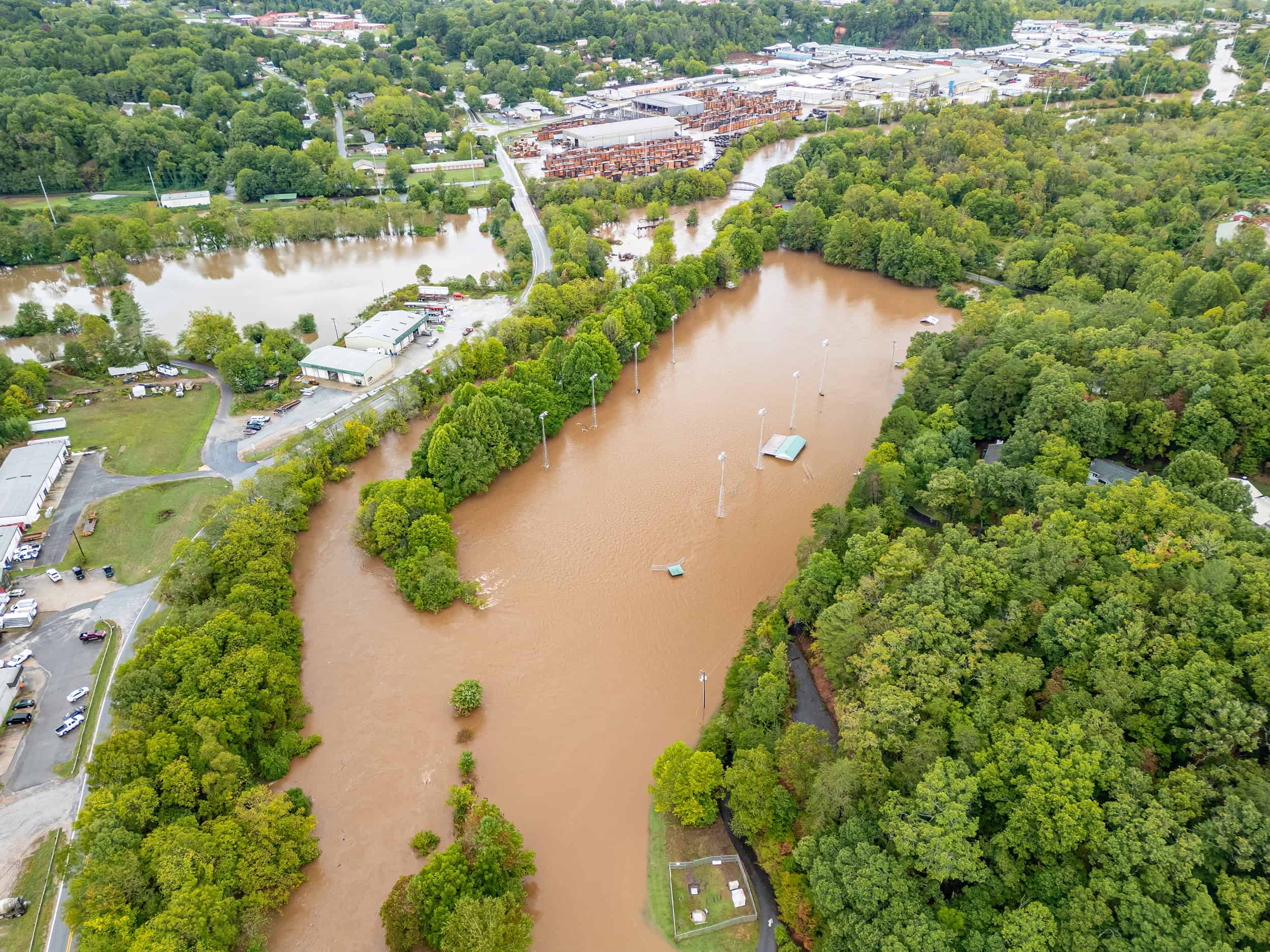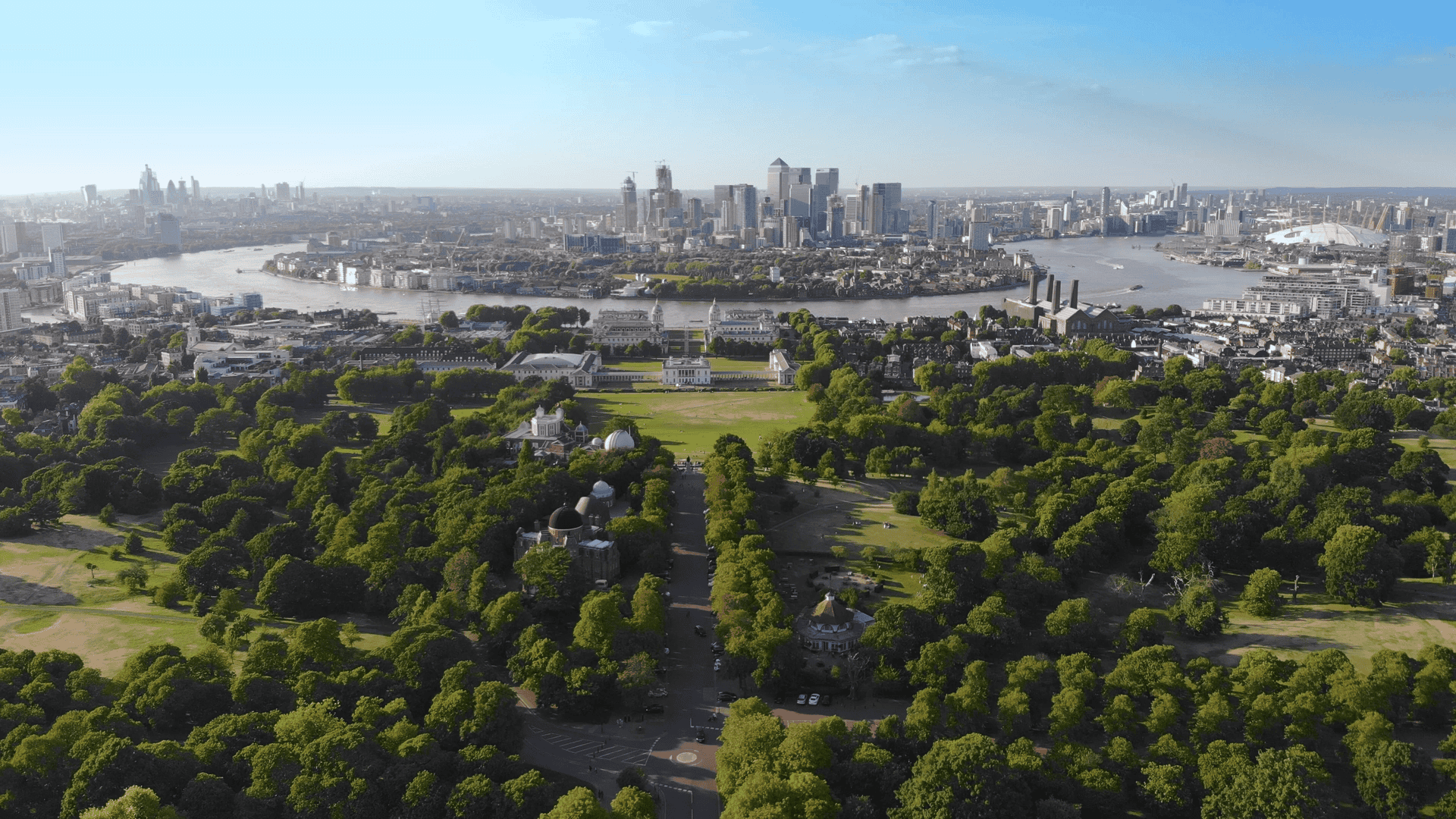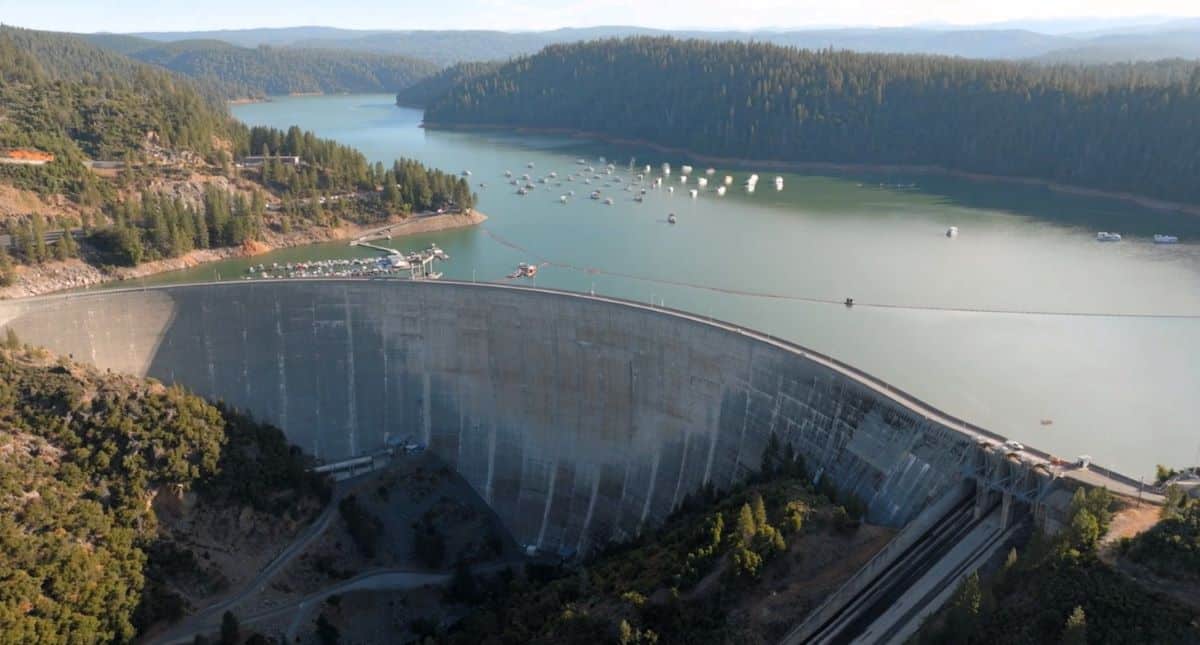Being close to water is something that brings color, peace, and happiness to many. I’ve found that these sentiments are felt not only by those lounging on a beach or strolling on turquoise shores but also by the many stakeholders involved in the successful delivery of potable water and water treatment solutions to communities across the globe. While many may think of a city’s water services as being about pipes and pressure, I have found that the human connections to water run much deeper. These deep human connections to water operations are evident in the smart water platform used in Porto city’s water authority in Northern Portugal.
The story of Porto’s digital transformation has been told in a short video produced for Bentley as part of the BBC StoryWorks Commercial Production series ‘Beneath the Surface’. This series explores our connections to water and looks at today’s most pressing challenges. The series sought case studies where technological innovations were applied to safeguard, monitor, and manage water to create a brighter future for those that rely on it. The Porto story ticked all those boxes.
A City Shaped by Water
Porto is both a coastal city (facing west on the edge of the Northern Atlantic) and a river city (with the magnificent Douro River and a collection of streams and tributaries passing through it). It has been described as a city glued to and shaped by water. The proximity to both the river and the ocean adds life, vibrancy, a lifestyle, and color. Water is vitally important to this City.
Knowing that Porto’s residents’ and visitors’ quality of life is directly related to the quality of the water means that the bar is set very high for those managing water resources in this City. Color, peace, and happiness will only be present for those that live, work, and play in Porto if the underlying infrastructural support is efficient and resilient.
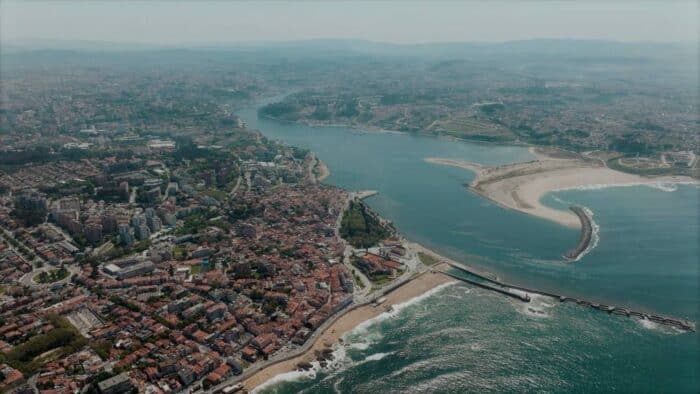 The Douro River runs through Porto, located in Northern Portugal, and empties at the city’s edge into the Northern Atlantic.
The Douro River runs through Porto, located in Northern Portugal, and empties at the city’s edge into the Northern Atlantic.A Backdrop of Multiple Services, Systems, and Many Moving Parts
Water management in Porto has a remarkable history dating back to the 1600s when public fountains were established in the city. Over the centuries various ‘plumbing’ initiatives have been added, modified, or extended so it’s no surprise that the city’s hydraulic infrastructure is multifaceted, dense, and complex.
Today, Águas e Energia do Porto (AE Porto) is responsible for water-related activities that are far broader than many city water authorities. For a city of 500,000, they deliver on average 45,490 cubic metres of water to the population daily (equivalent to 18 Olympic-sized pools) and collect approximately the same amount for treatment. But the responsibilities do not stop there. They monitor water flow and quality within the city’s rivers and streams, measure coastline water quality, track energy use, drive sustainability, and provide environmental education.
For decades, the infrastructure was managed using dozens of individual systems, plans, spreadsheets, and pieces of software including in-house applications, and 3rd party solutions for fleet management, CRM, billing, and many others. Adding to the chaos, some 20,000 sensors throughout the city provide data on weather, water levels, flows, floods, consumption, compliance, quality, and billing and are all entering AE Porto’s disparate systems in real-time.
For those responsible for delivering water services, this was not an environment where peace could easily be found. The challenge was clear: bring all these systems together to safeguard, monitor, and manage water that is vital to the city and its people.
Dipping Your Toes into a Smart Water System
The myriad of systems was held together for decades to provide public water services. Understanding a little about human nature, I imagine that those who established their careers operating these long-established systems took some comfort in them because, even if a bit clunky, quirky, or isolated, they are familiar (and change is uncomfortable for some). I understand the early discomfort for some in adopting new ways of doing things, but after having facilitated many implementations I am energized by the role that I play in helping organizations implement (and realize the benefits of) digital solutions.
To their credit, the people of AE Porto were highly motivated to move to a digital future, were open to new ways of doing things, willing to rethink and refine processes and workflows, and were fully committed to the digital vision as a united team. Starting this digital process was almost natural for them. AE Porto did not merely dip their toes into a smart water system, they dove in head-first. And they will tell you the water is just fine.
Launching the technology platform
The project to establish a platform for integrated water management was called H2PORTO. The project’s aims, at a technical level, were to integrate all information for water supply, wastewater, stormwater, streams, and coastal areas. In doing so, uniform data had to be provided and presented on real-time displays. Isolated models for all systems had to be integrated, and rules for automatic alerts and warnings were established.
Starting by bringing all the data together, digital twins are produced for all the infrastructure components i.e., the clean water supply network, the wastewater system, flood modeling, coastal water quality, and all hydrological processes for rivers and streams, where Bentley’s OpenFlows software solutions are the central piece of the smart water platform.
Critically the project goes beyond technical implementation to establish a culture of innovation and smart water management within the organization. This runs deep. It involves different thinking, higher levels of collaboration, and calls to action to create more effective and resilient infrastructure.
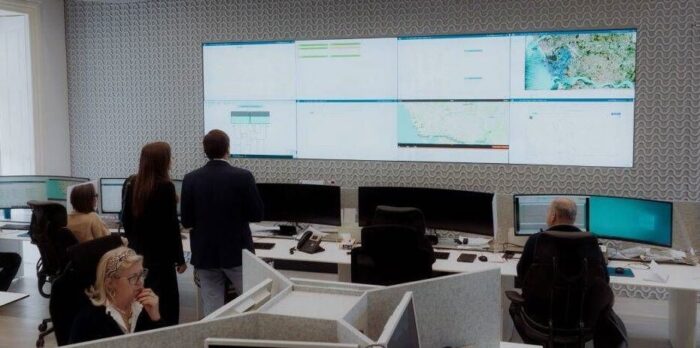 AE Porto implemented OpenFlows to create a digital twin used to accurately visualize and analyze all of Porto’s water and sewage infrastructure.
AE Porto implemented OpenFlows to create a digital twin used to accurately visualize and analyze all of Porto’s water and sewage infrastructure.Developing network insights that were previously unattainable
The platform can be used to accurately visualize and analyze all of Porto’s water and sewage infrastructure and has proven very effective for community engagement and consultation. Using simulations and powerful AI, the digital twin provides crucial insights from over 20,000 sensors mapped to the network.
The digital twin is an extraordinary forecasting tool as many future-state scenarios can be modeled to find an optimum outcome. Importantly, this can be done through different lenses. For example, weighting (prioritizing) those solutions which decrease the city’s energy consumption and carbon footprint. Or perhaps, adding greater emphasis to minimizing water waste, ensuring regulatory compliance, increasing resilience to floods, or weighting solutions toward revenue. You can set the dial as you wish. And all of this is done in a digital environment without connecting any pipes, spilling any water, or affecting the lives of those that rely on water.
Finding peace and happiness in Smart Water Management
It is worth standing back for a moment and considering the big picture here. With the smart water platform implemented, AE Porto has their finger on the digital pulse of all the systems they are responsible for. With real-time situational awareness, any network incident (pipe breakage, fire, accident, or flood warning) can be addressed with multiple options assessed quickly to develop an optimum response.
Perhaps the headline proof-point is that service interruptions fell by 29% within the first year of implementation and is currently at 42% as the benefits continue to accrue.
For this water authority, going digital has created a more efficient, resilient, and sustainable platform for integrated water management. The head-first dive into digital has created confidence, pride, and peace of mind as they serve the people of Porto. It’s a privilege to work on something that has such deep meaning for many people. That’s where I derive a lot of happiness
From a starting point of multiple, disconnected systems shaped over decades, AE Porto’s digital transformation has been impressive and candidly, it is not surprising. Technological innovations have played a critical role in creating a brighter water future. Come on in, the water really is fine.
